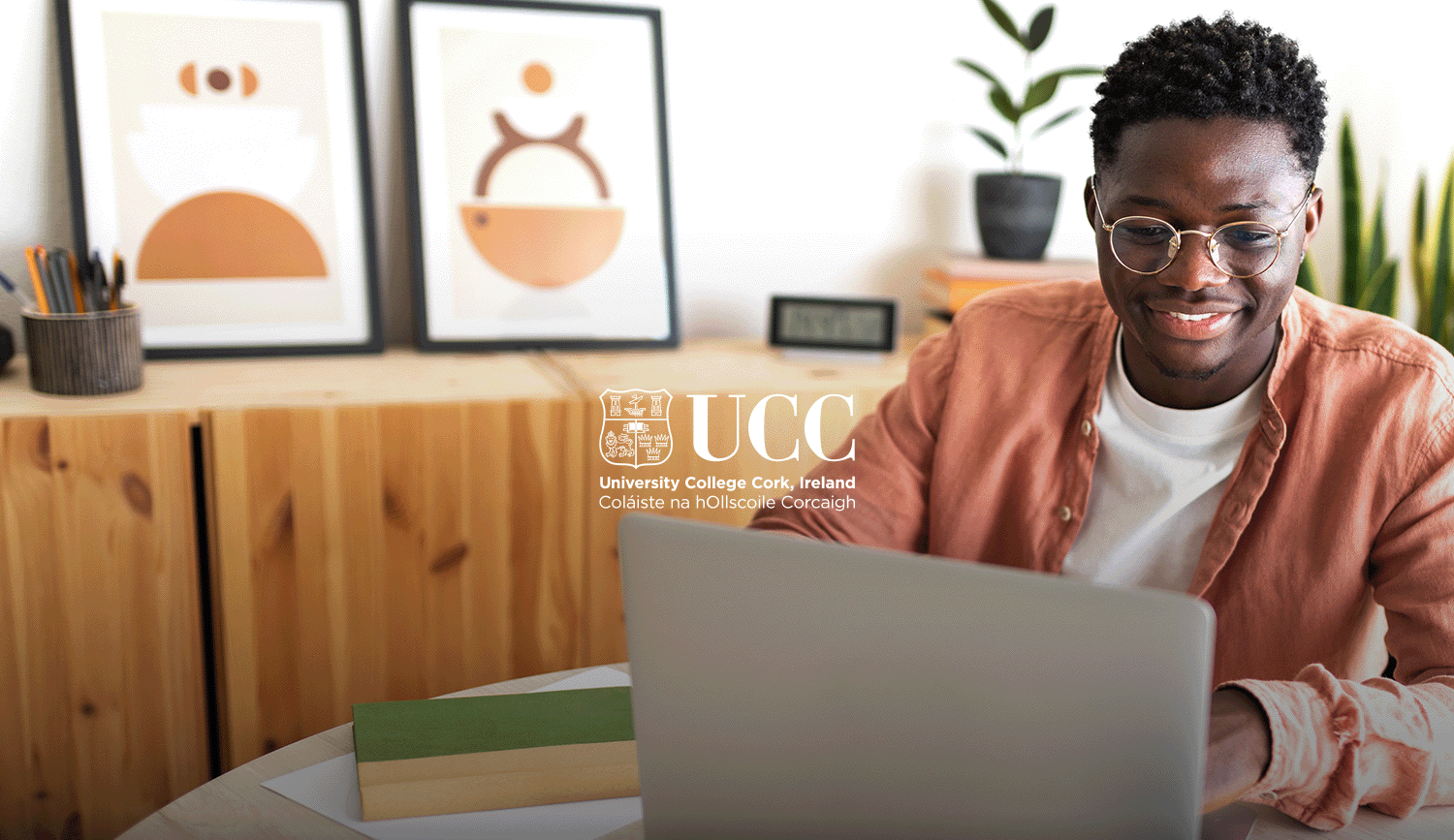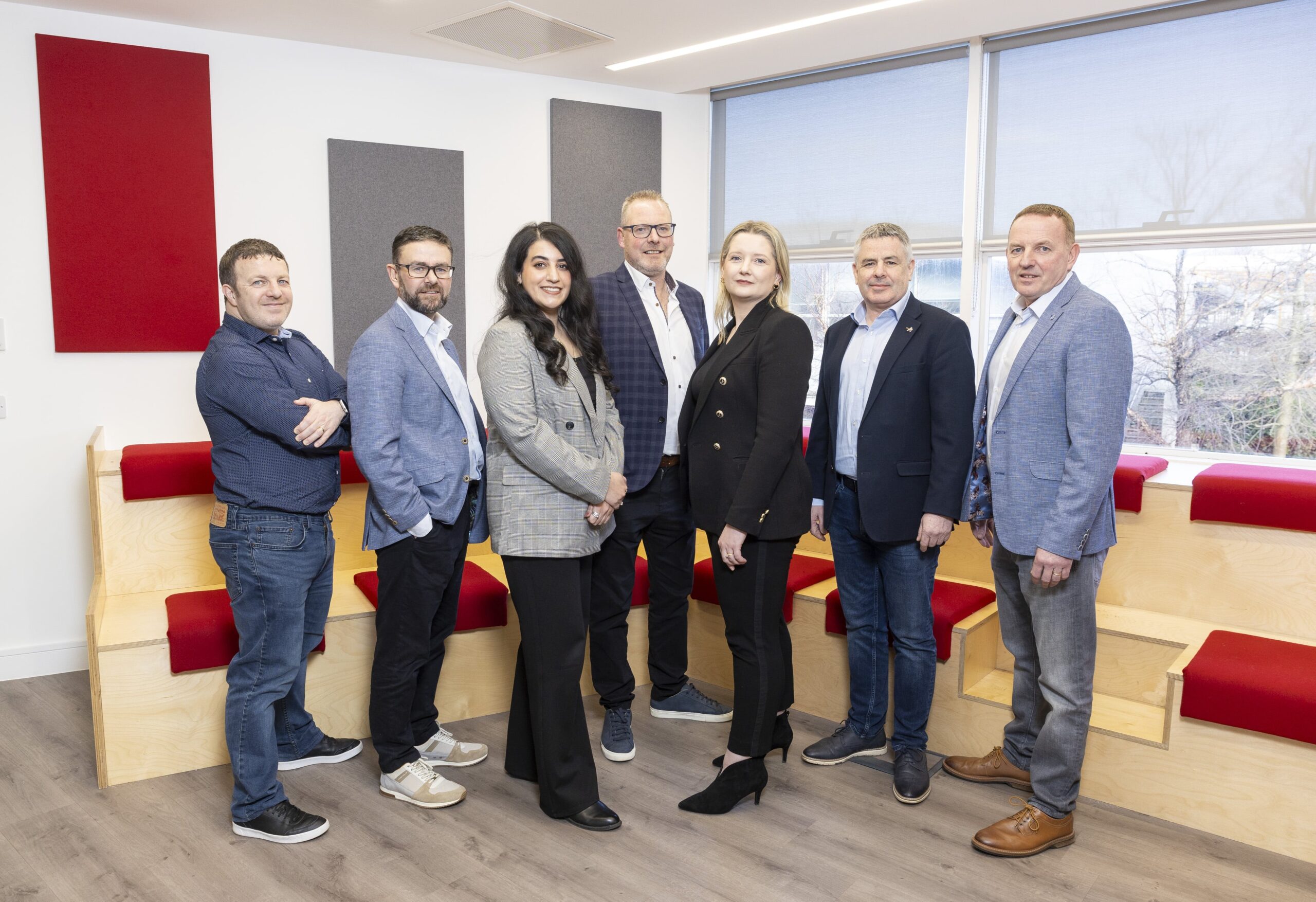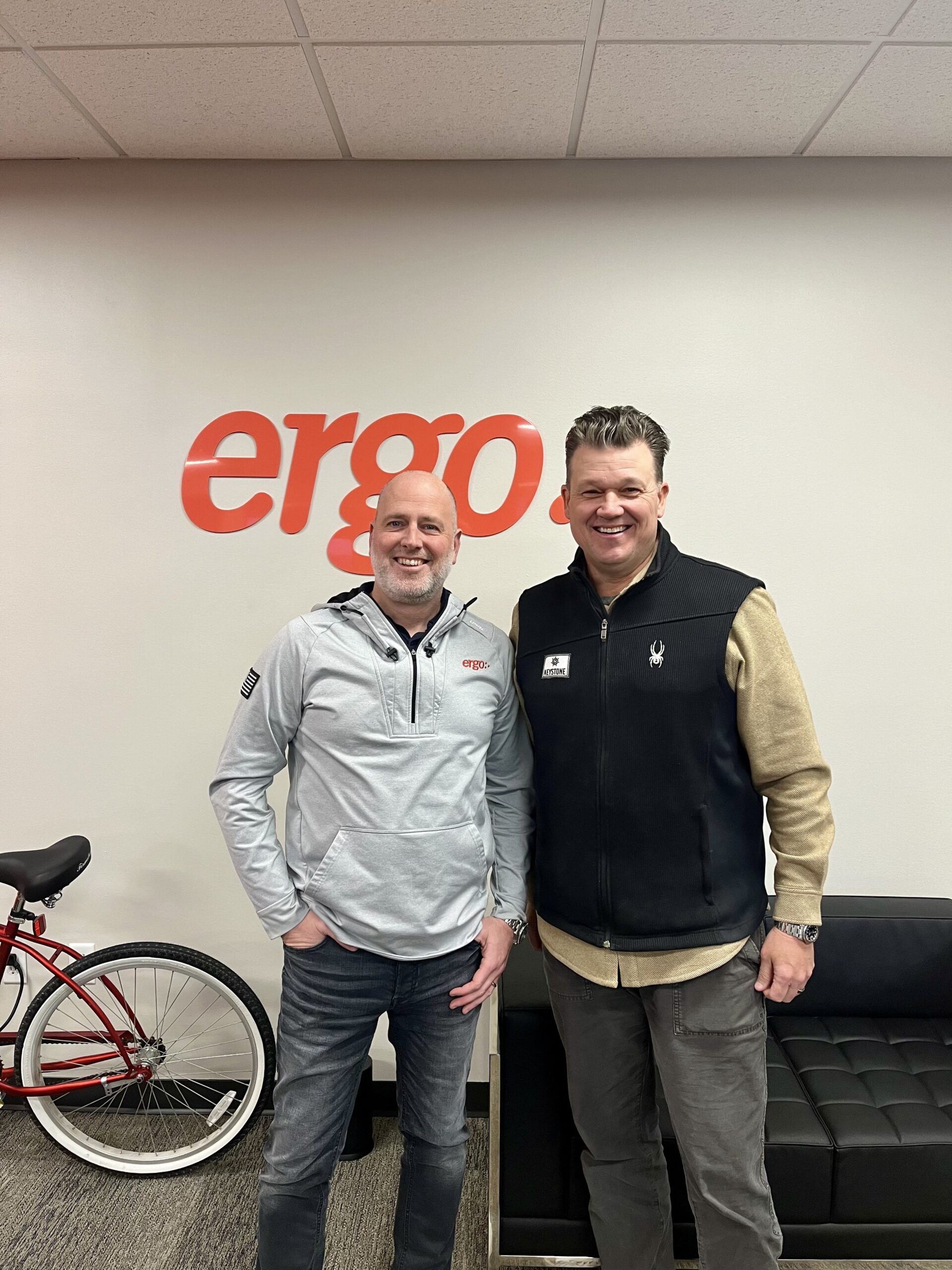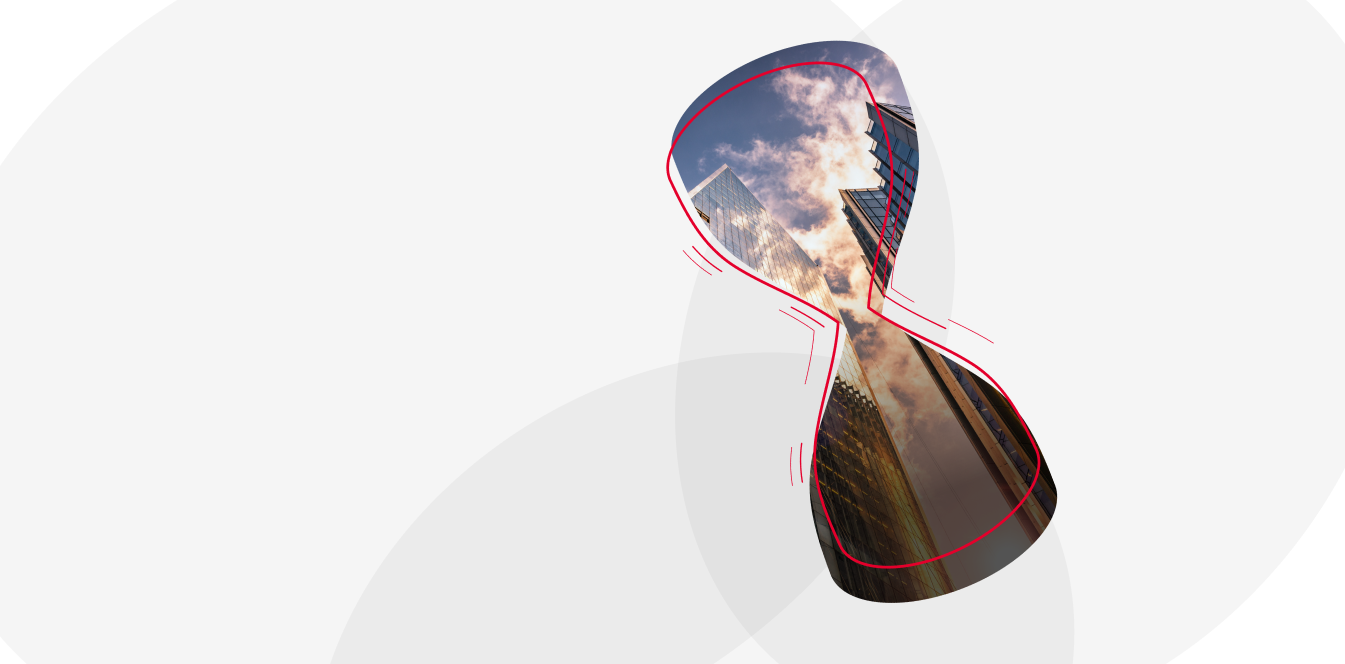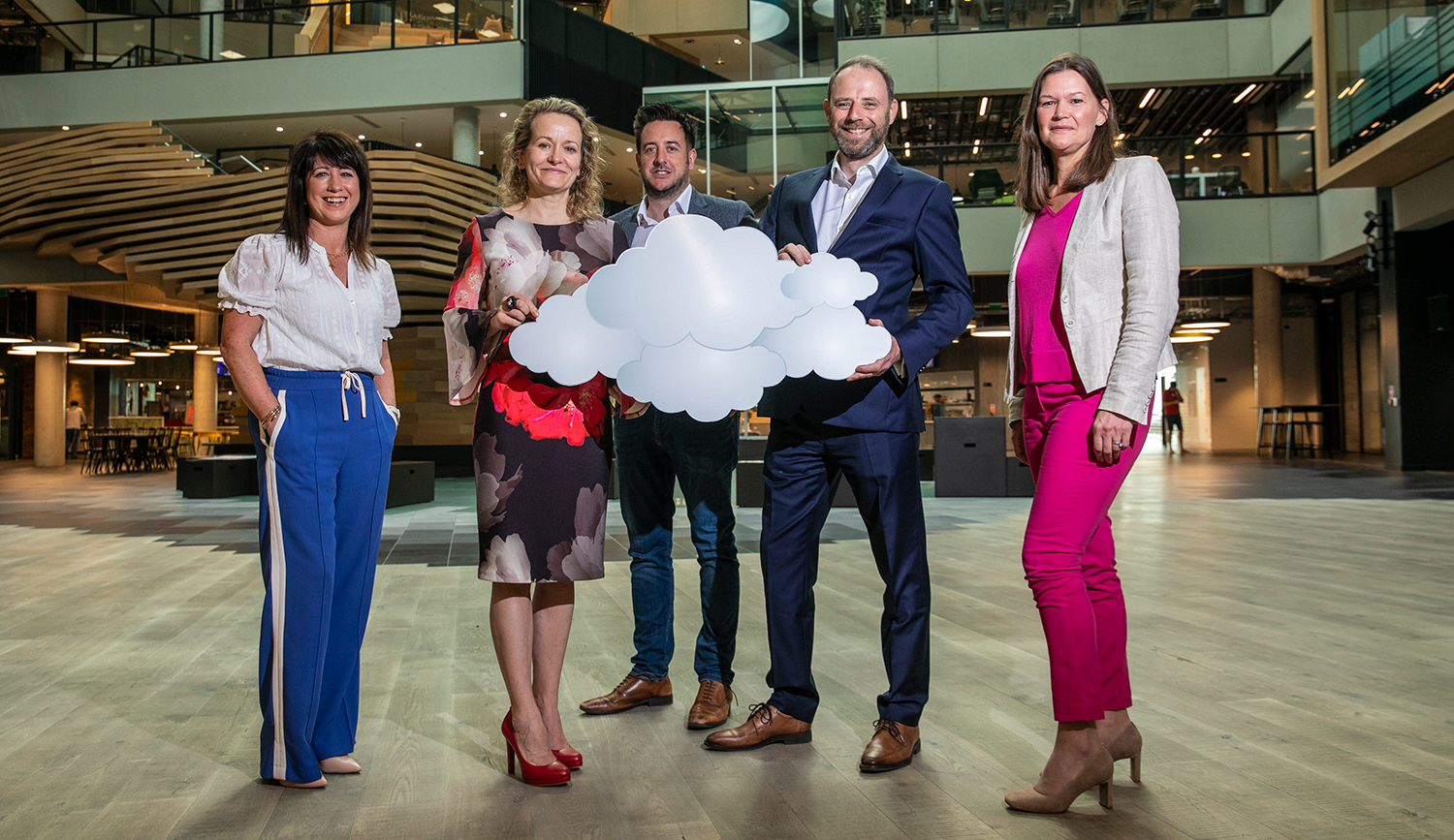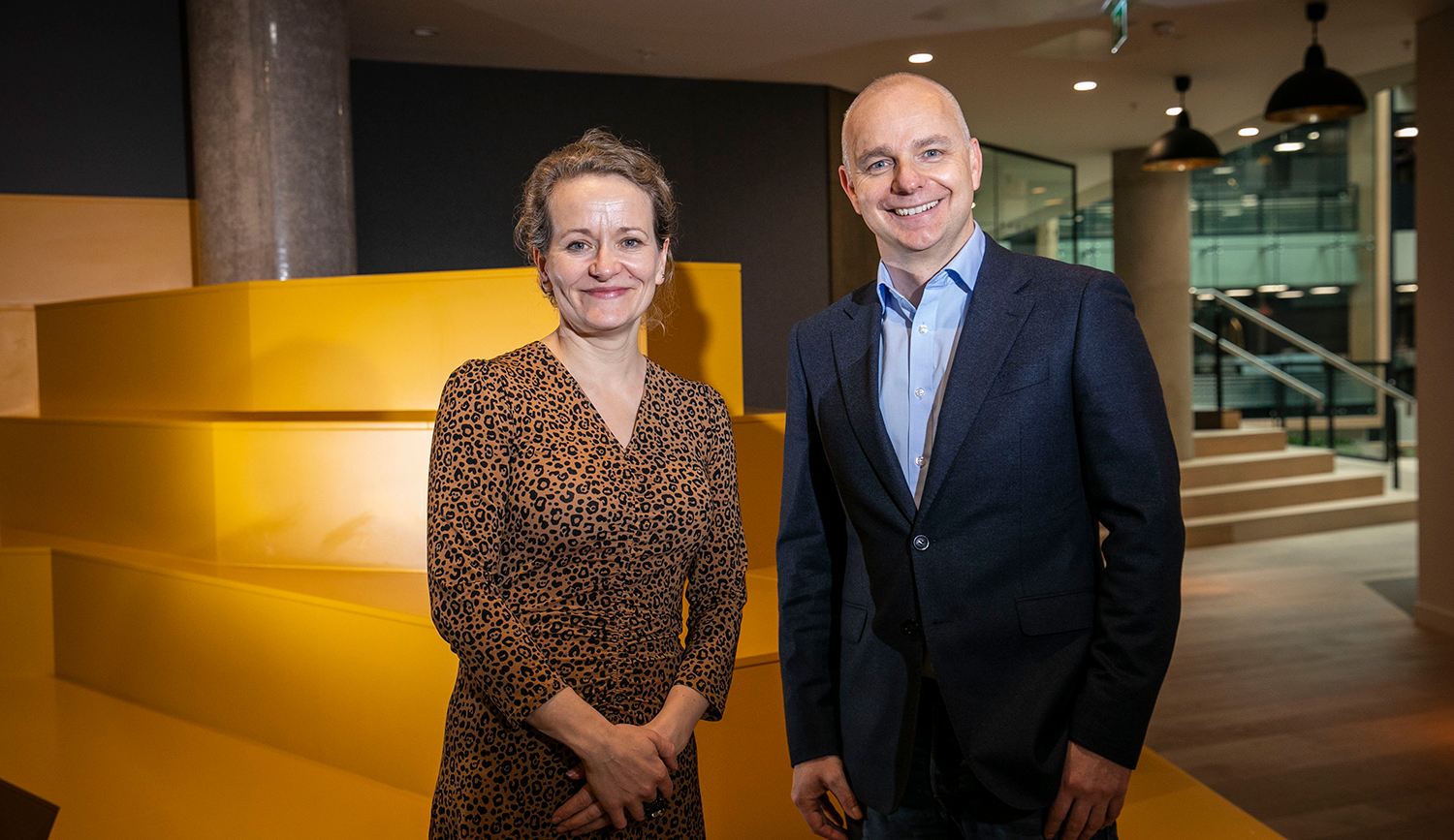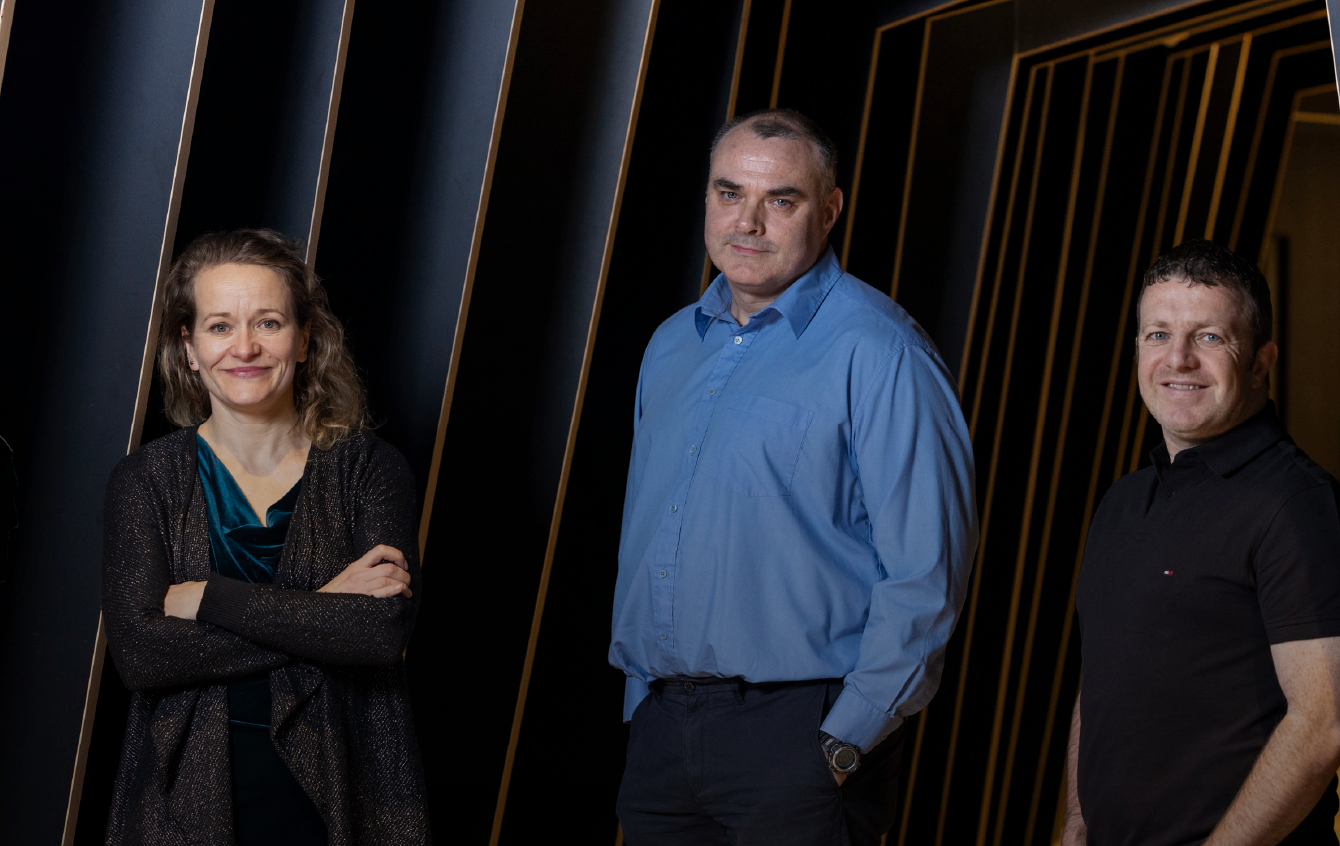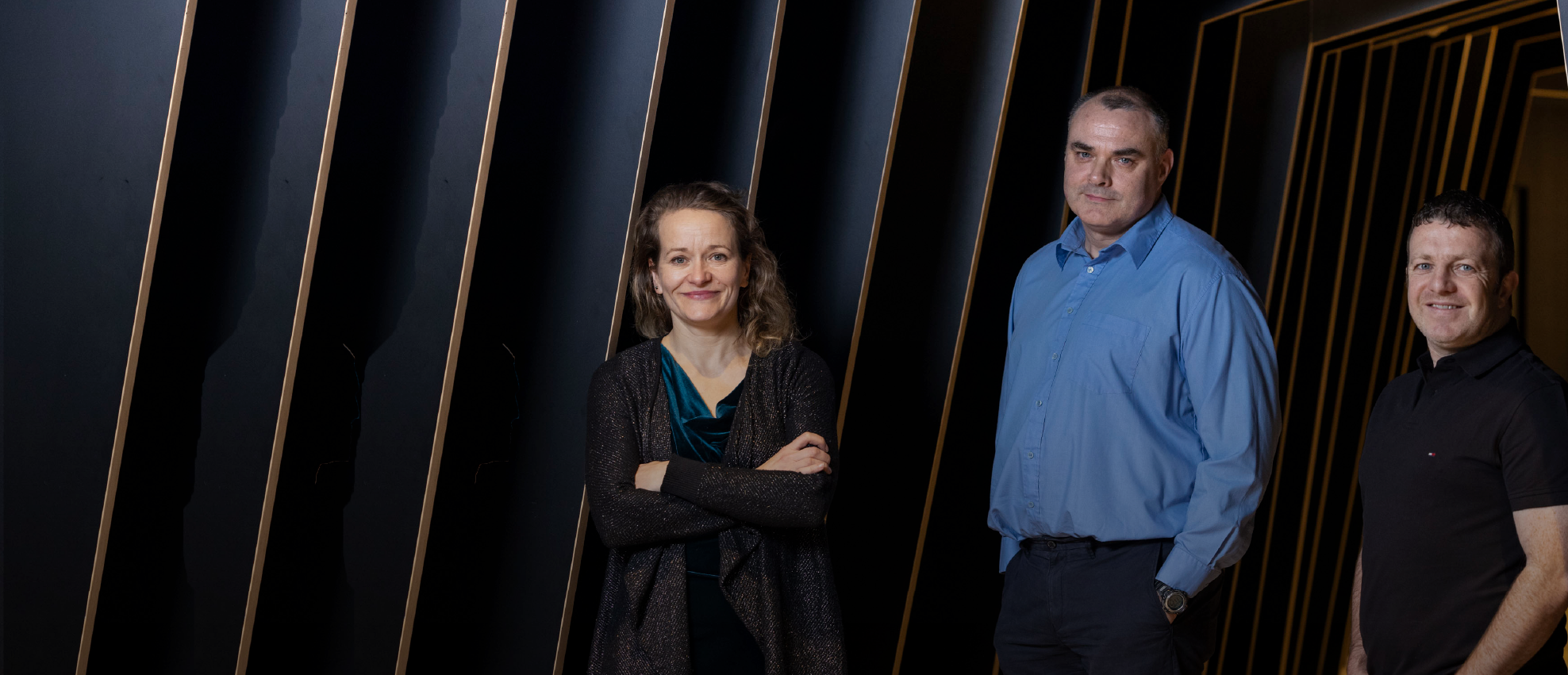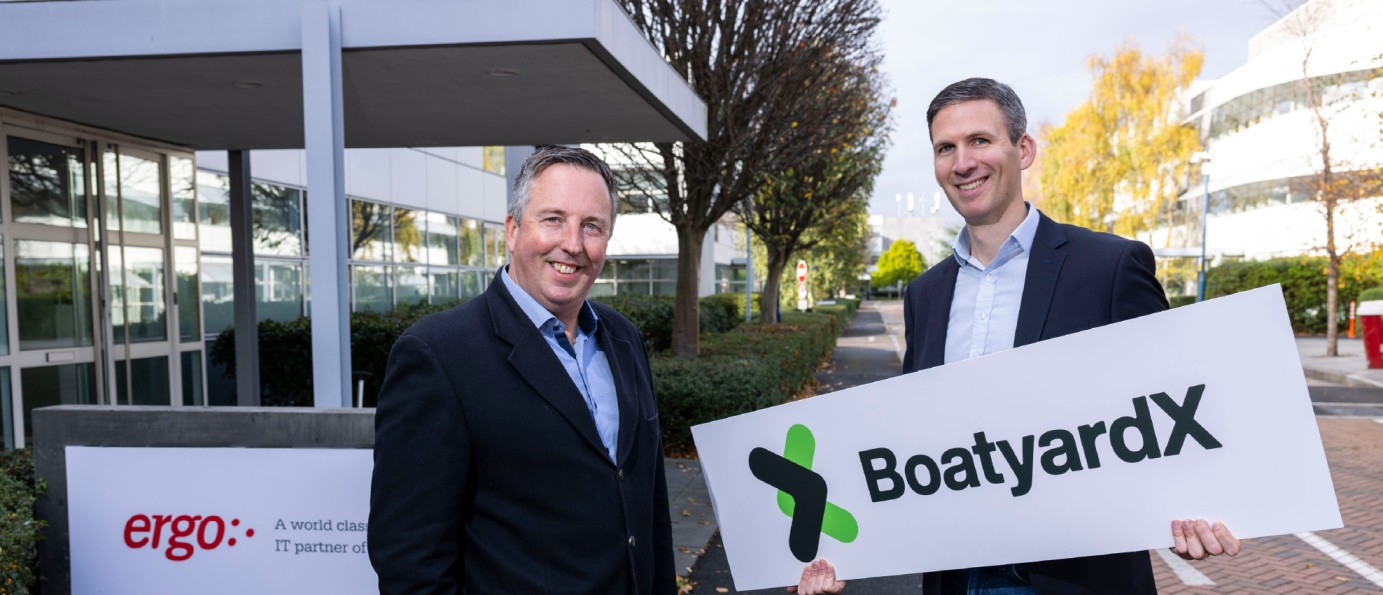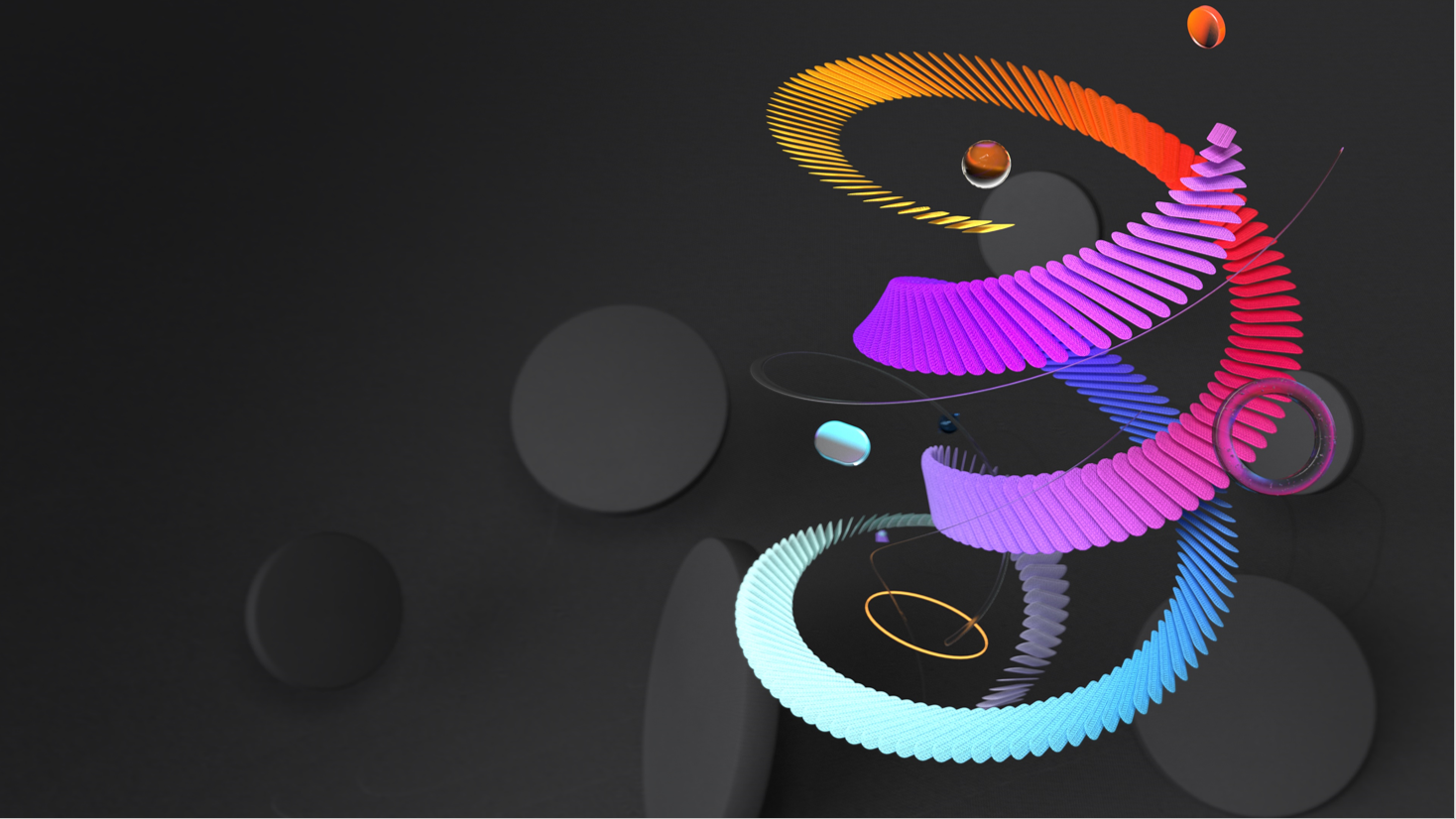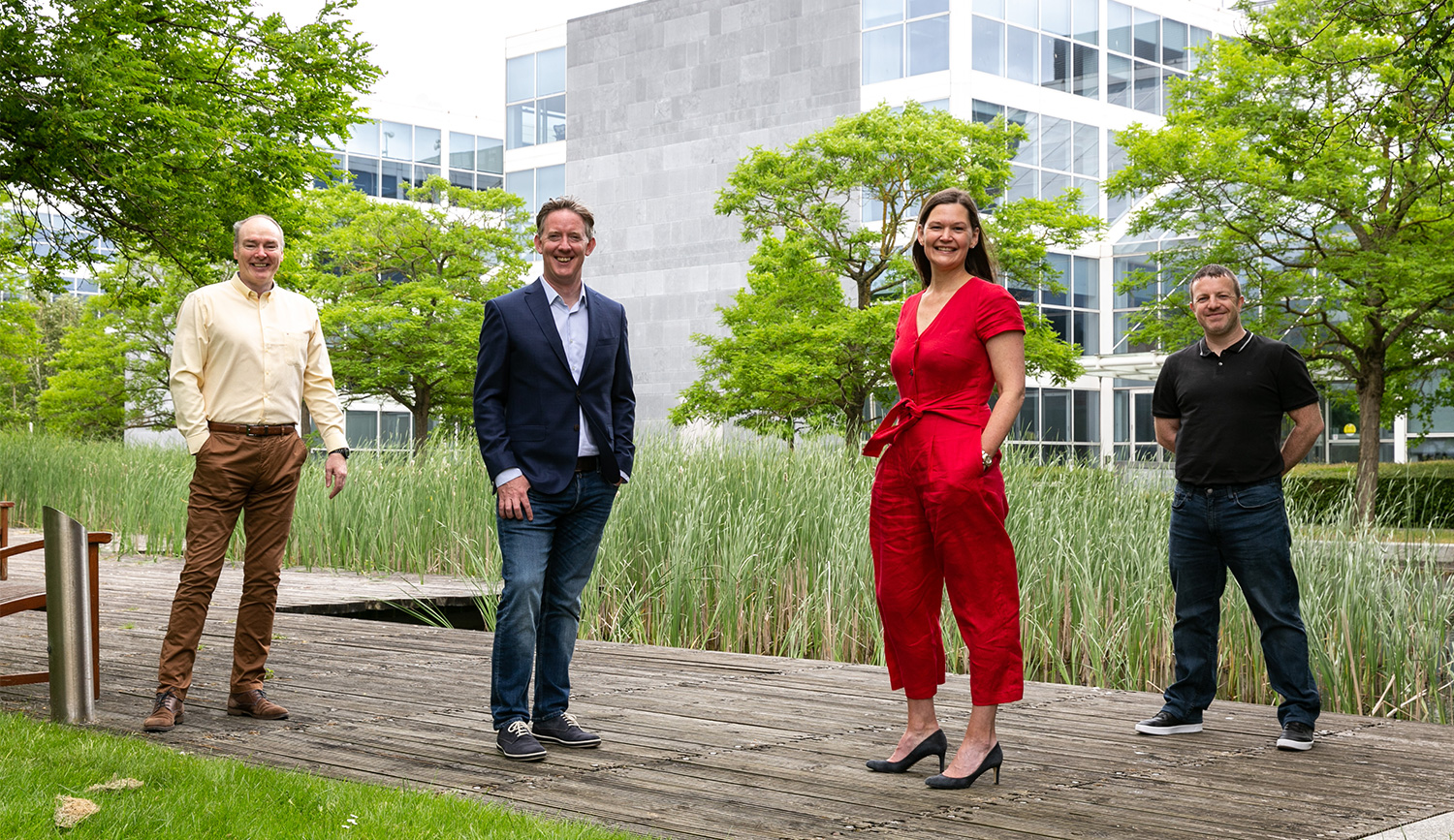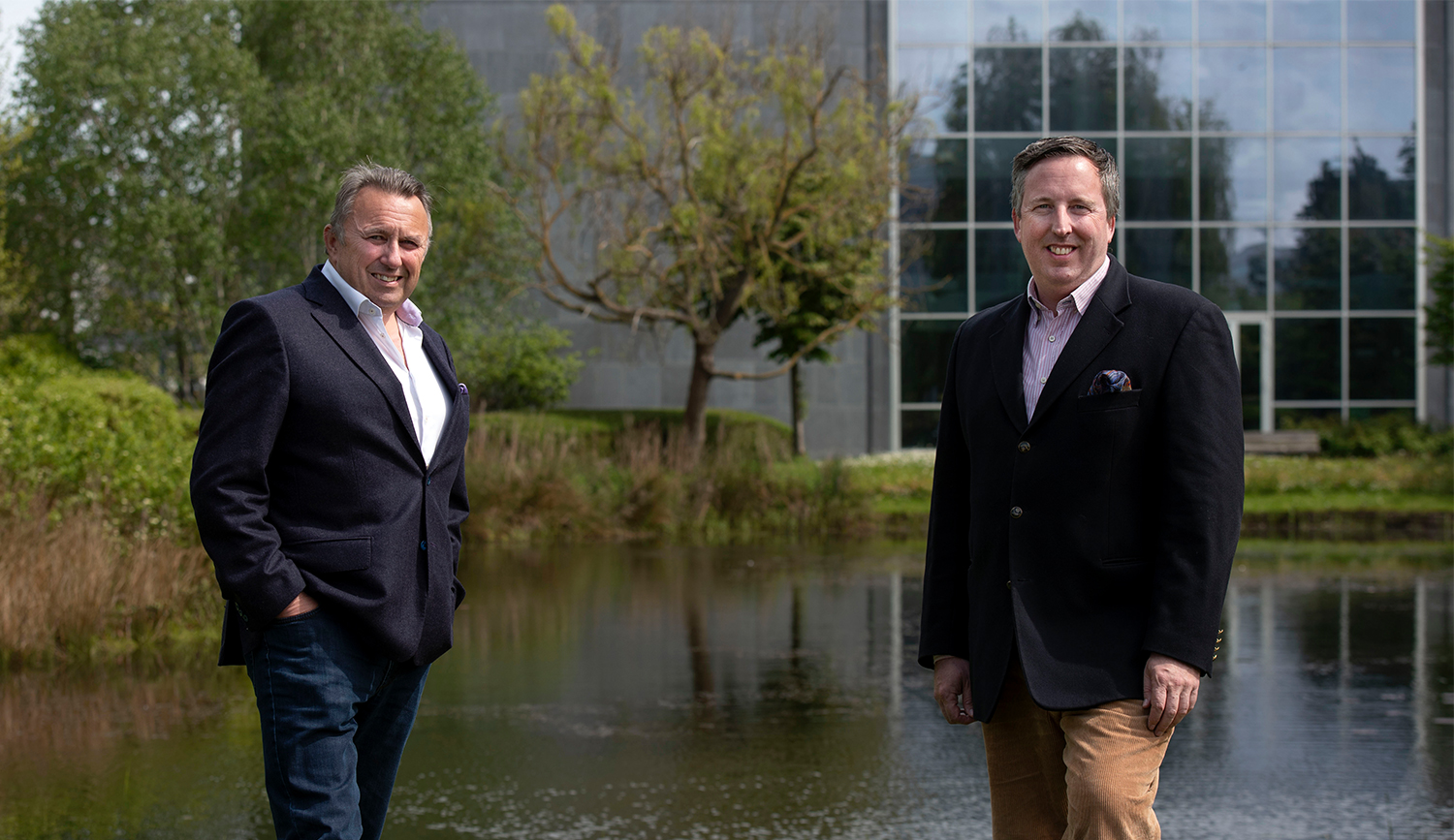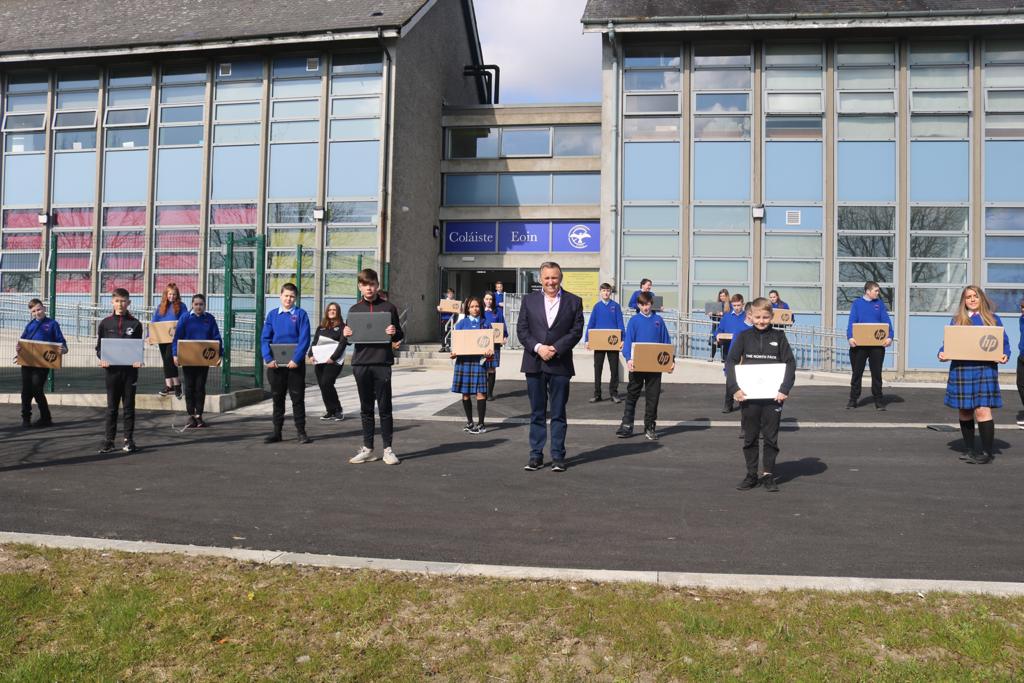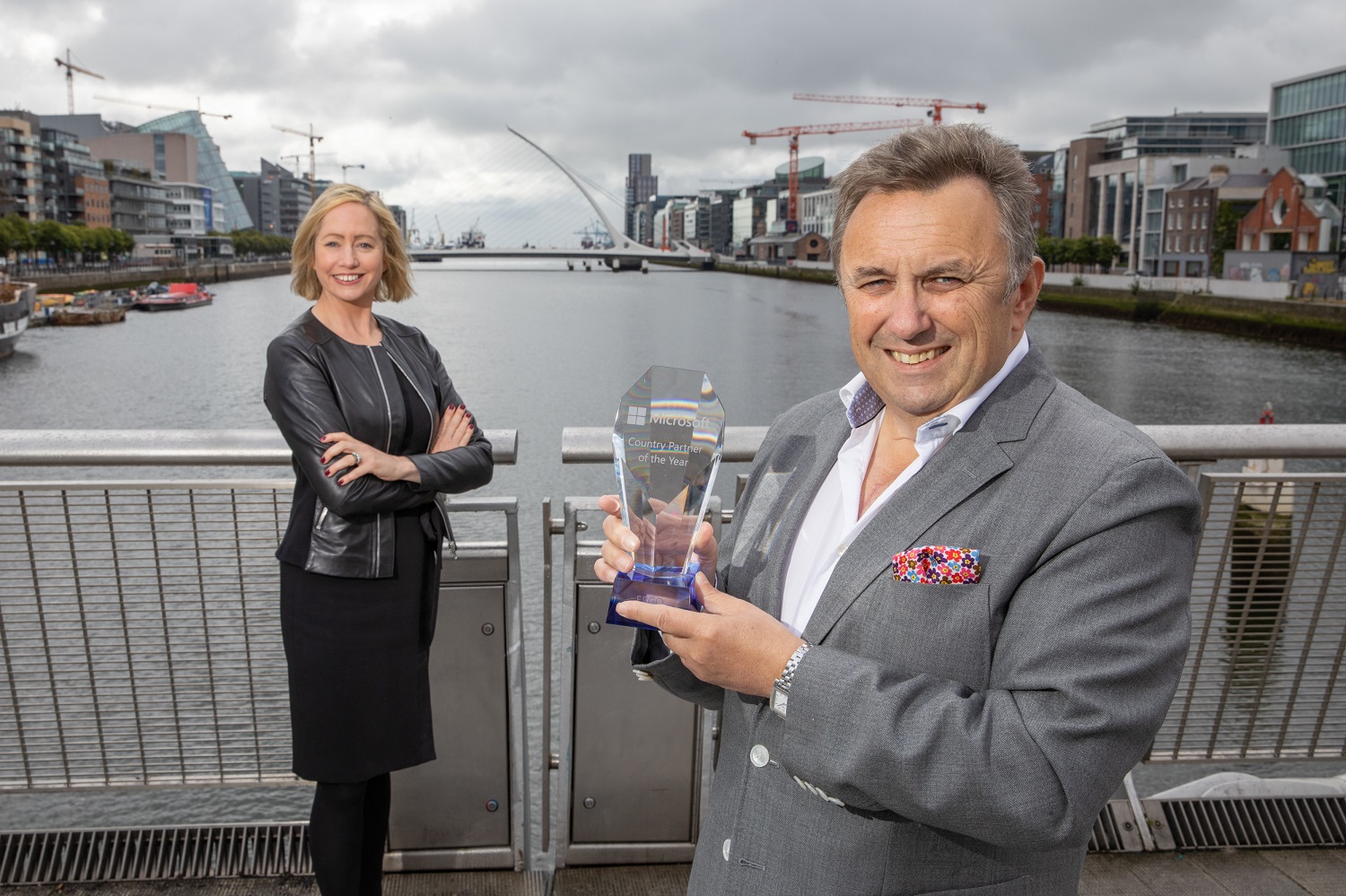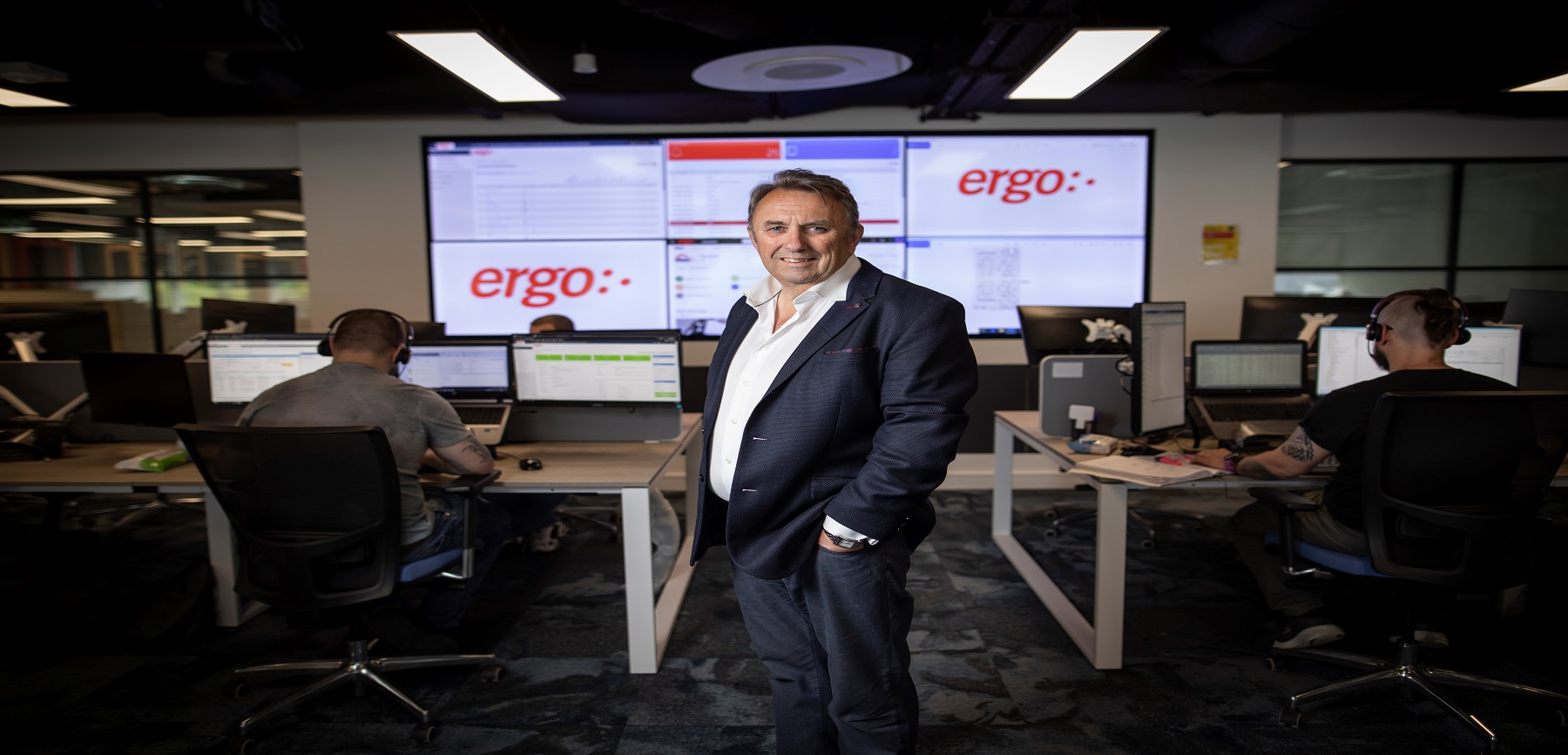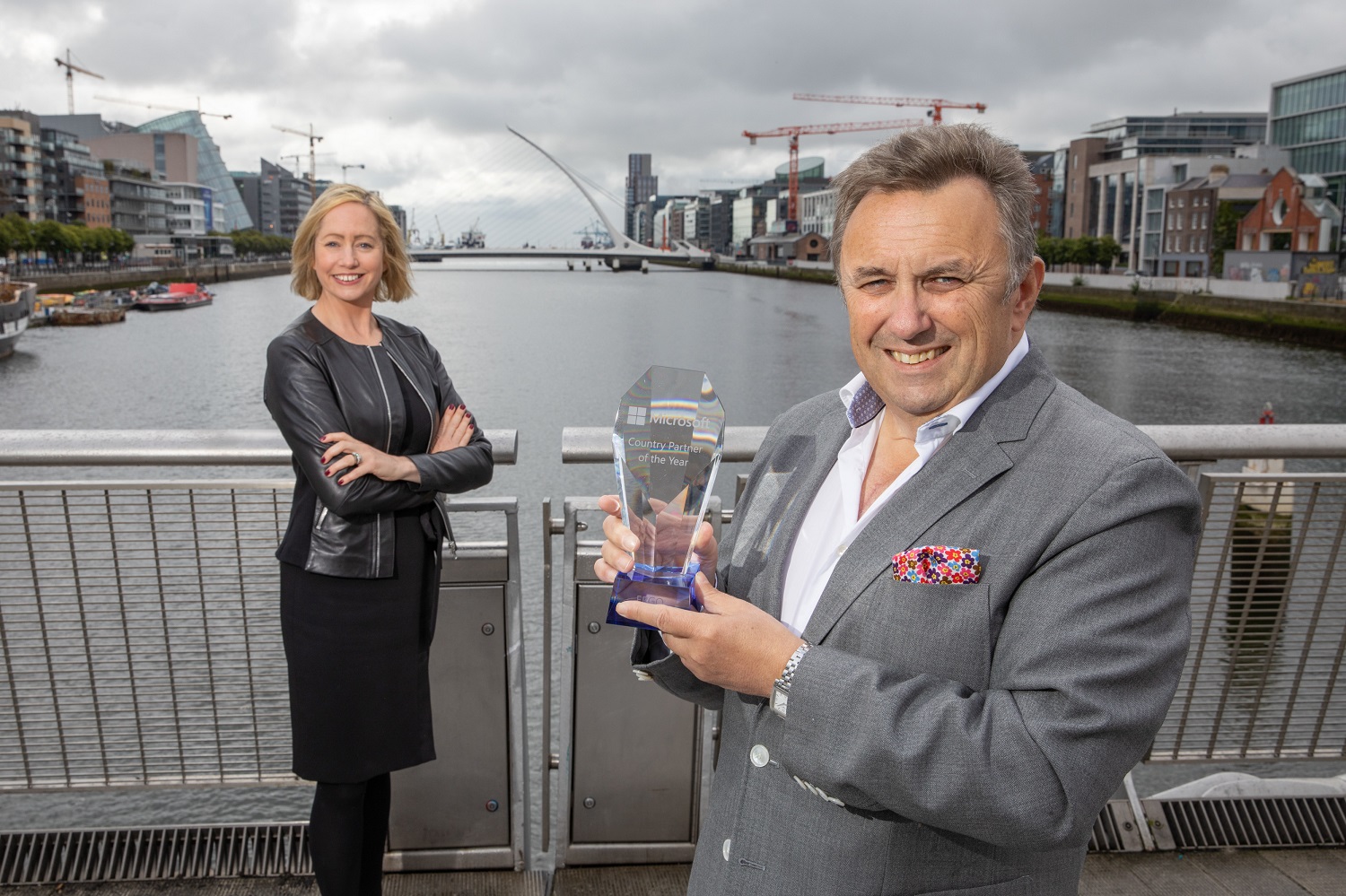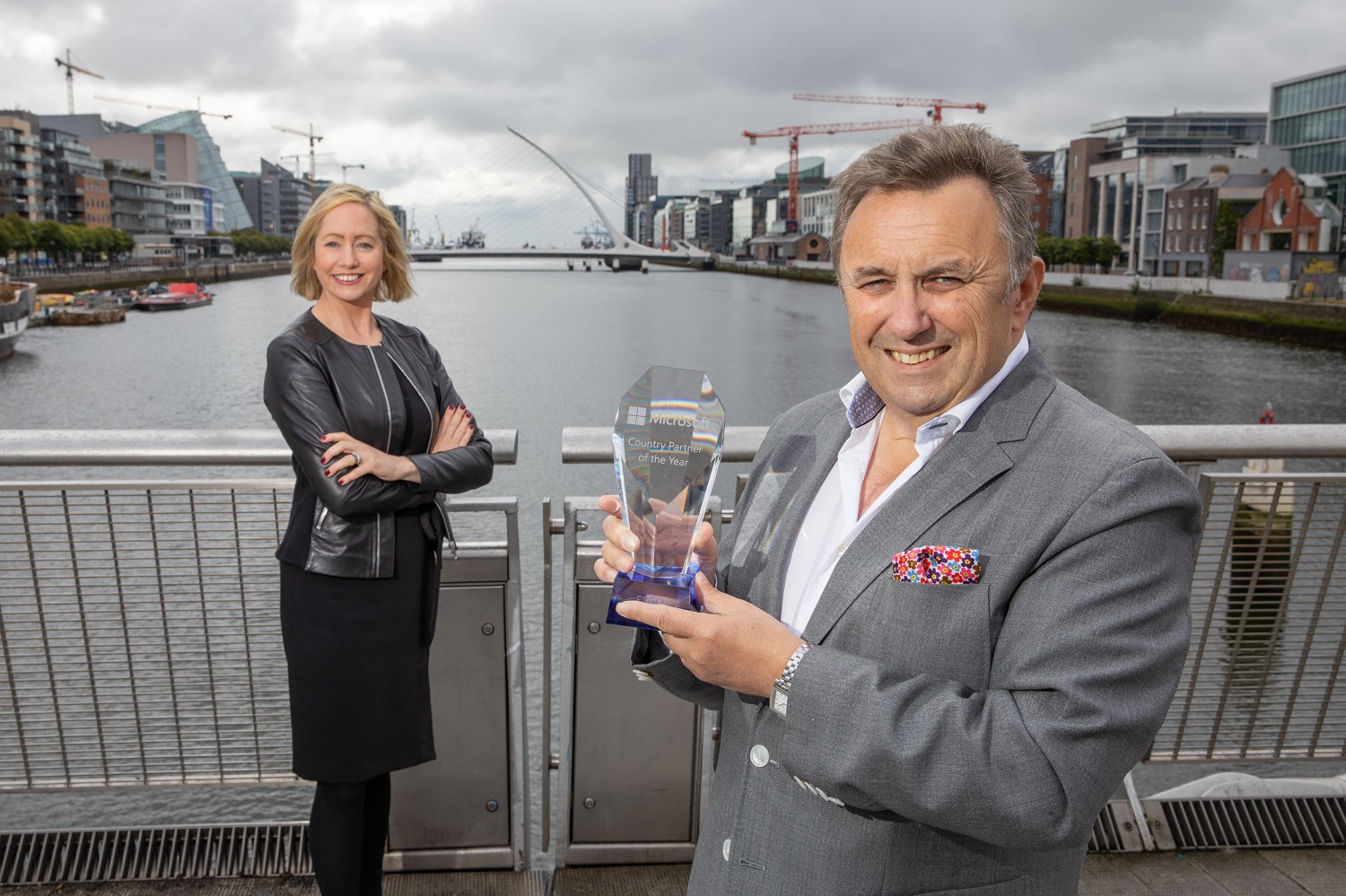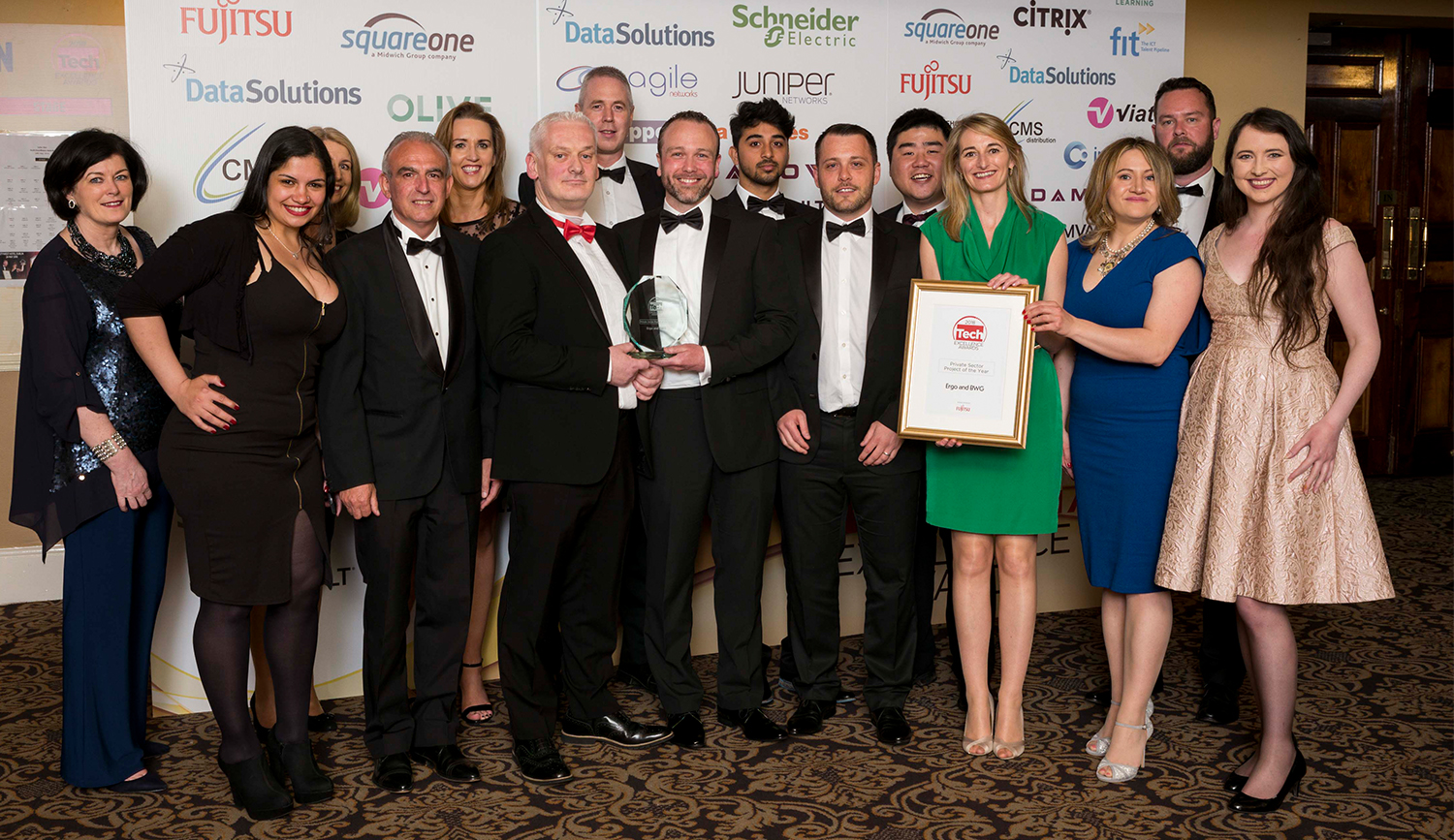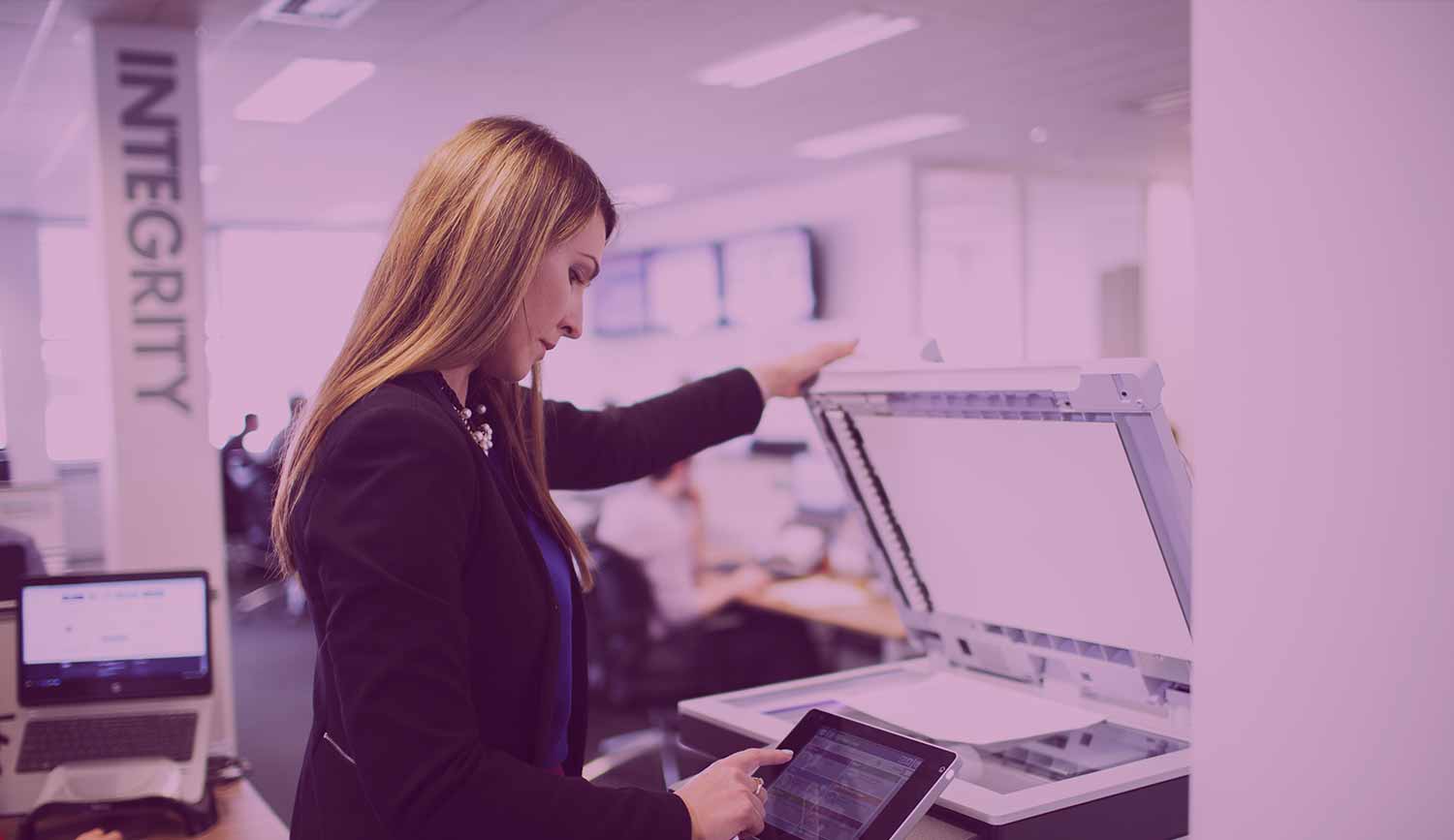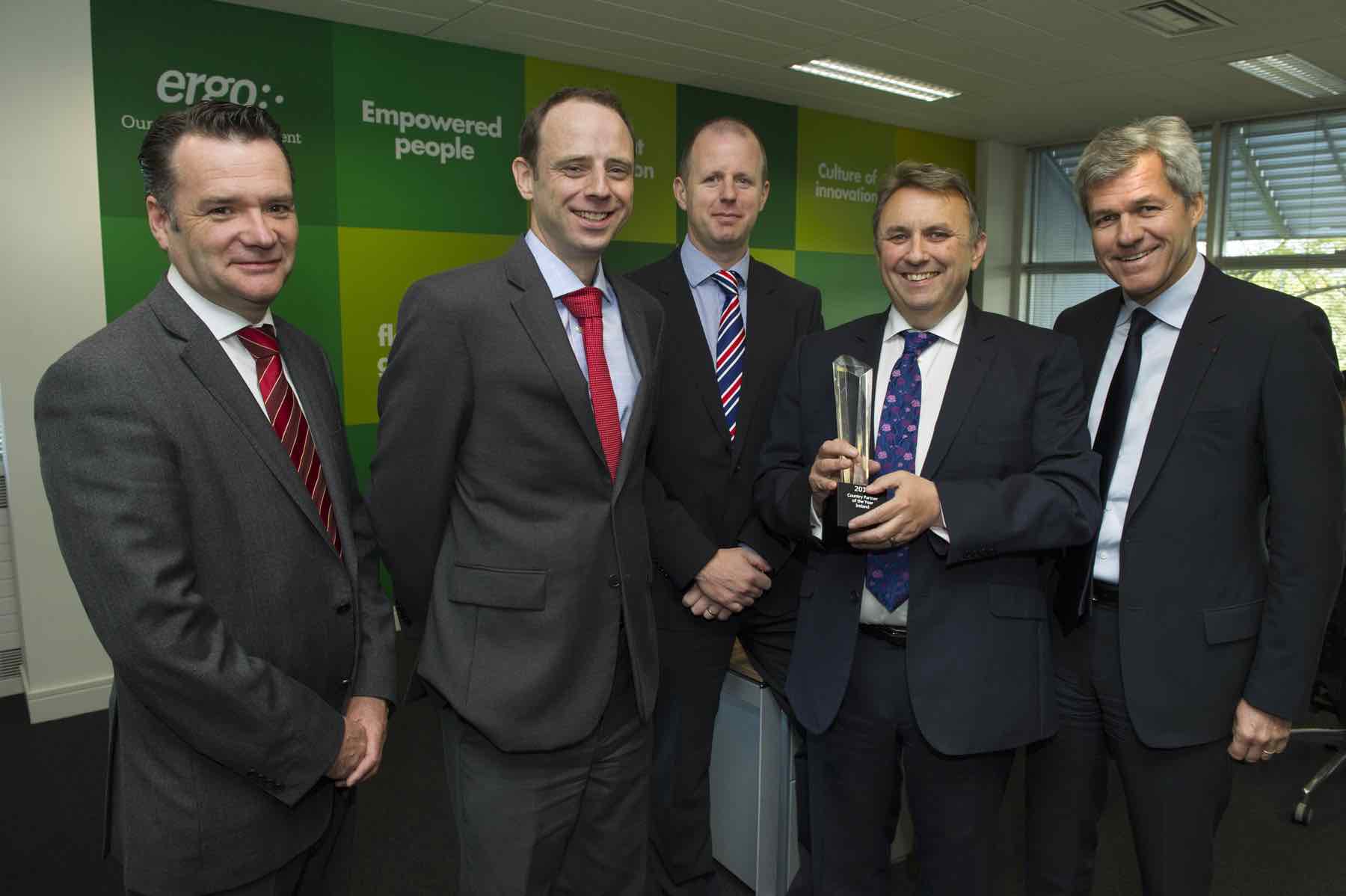Client
University College Cork
Sector
Higher Education, Public Sector
Technology
Microsoft Power Apps and UX Design
The challenge
When the pandemic struck in 2020, learning institutions were facing huge challenges when it came to delivering face-to-face teaching. University College Cork (UCC) had the added challenge of ensuring students on healthcare courses such as medicine and nursing did not pose an infectious risk and were fit and able to attend their hospital placements. In the case of student nurses, there was an immediate need that that they attend on the wards to help with frontline care in this time of national and international crisis.
Dr. Michael Byrne, Head of Student Health at UCC, looked to a software solution to help cope with the disruption. With the university’s IT team, he set about finding a technology company that could develop an intuitive mobile app that would enable students to self-check for symptoms and record their status. The Microsoft Power Platform (a low-code rapid development offering) was identified as an ideal platform upon which to respond with speed and agility to UCC’s requirement. “The SharePoint functionality was familiar to us, but we wouldn’t have been as familiar with the potential for app development with the Microsoft Power Platform until the rubber hit the road with the Covid problems,” recalled Dr. Byrne.
Time was of the essence. The UCC IT team recommended Ergo, an award-winning Microsoft partner, to design and develop the app. The Clinical Student Covid app was designed, built and ready for download in 12 days. No-one knew at the time how long the pandemic would last, or that the app would be the first in a series of four that took UCC from monitoring the virus to an ongoing research projects comparing testing strategies for Covid infection, as well as monitoring antibody responses in students and staff.
The function of the first app was to provide a robust recording and reporting mechanism, as mandated by the Health Service Executive nationally, to demonstrate that clinical students were Covid-free and safe to attend on their placements commencing from mid Summer 2020.
Ergo built a Power App on the Microsoft Power Platform using a suite of Microsoft services, including connectors, a data platform for the rapid build of custom apps, and an online data repository, which in this case was SharePoint. Owing to the ease of connectivity of the Microsoft Power Platform suite, the UCC team leveraged Power BI, the Microsoft business intelligence platform, to instantly generate daily and weekly reports that showed them how many people were symptom positive or close contacts.
Usability is a key factor in high user engagement of apps. Ergo employed their UX designers to ensure the app was as simple and inviting to use as possible. The app was a great success with approaching 100 percent take-up among nearly 4,000 clinical students. Each student was emailed a link from where they downloaded the app to their phone and used it to enter a daily symptom and infectious risk check. Anyone with any symptoms or who self-identified as a close contact was automatically advised via on-app red pass to stay at home. If they were in the clear, they were issued with a green pass which meant they were safe to attend their placement.
The app built by Ergo was so successful that a decision was taken to adapt it for the entire university population.
A second app, the UCC COVID App was made available to over 23,000 students and 2,500 staff. This helped the university to reduce the risk of transmission of infection on campus, and increasing the confidence of those students and staff eager to come back on site. Next, UCC collaborated with 3 other universities on a national large-scale Covid-19 rapid- testing research project to compare testing strategies and to help inform the development a potential early warning systems for infectious diseases in the future. UCC contributed three-quarters of the participants to this study with more than 2,300 students and staff partaking in a comparative analysis of different testing technologies in infectious disease surveillance and prevention. The project used rapid antigen testing, saliva-based PCR, and LAMP and wastewater surveillance. testing for SARS CoV2 (COVID-19).
Further iterations of the app allowed roll out in other universities participating in this UniCoV Antigen Study, part of a national study undertaken with Trinity College Dublin and University of Galway adopting the app in time. The app build in partnership with Ergo replaced earlier in-house solutions based on excel spreadsheets and other data gathering tools. Ergo continued to add more functionality to the app, enabling participants to test themselves for Covid twice-a-week using antigen tests, taking a picture of the test strip results and uploading the image via the app to the UniCoV team in UCC. Saliva samples for PCR testing were also recorded via the app using a barcode scanning add-on, with the saliva sample then sent off to the lab. The data stored as part of the solution included information on symptoms, infection risk and even allowed delivery of the laboratory test results on-app to participants.
Power App flows were built to trigger appropriate notifications from and to the participant’s mobile device, including alerting the Student Health Doctors who then arranged follow up and closed loop care to those who were ill.
Dr Byrne expanded “There was funding for institutions to continue research. UCC had the technology, the participants, and the willingness and enthusiasm to do more. We wanted to answer a research question on the impact of the vaccination program on the same cohort of people by tracking their antibody levels, and determining if these antibodies were generated by the vaccine or the disease.” Al of this was made possible in large part by the development of the mobile app technology.
The benefits
A few years after the first wave of the pandemic, it’s easy to forget the severity of the situation. Michael Byrne praises Ergo for the speed at which it rose to the challenge of developing an app, and the way the UCC IT team and the HSE collaborated to ensure healthcare students could proceed with placements, that in the case of nurses contributed significantly to the care and treatment of hospitalized Covid patients.
The project helped support a health service under immense pressure. “We were able to give all our placement sites a high degree of comfort because we had a robust system in place,” said Byrne, “and we were able to give our students closed-loop care, aided by technology, to refer them for testing or advise them to stay at home.”
The decision to use mobile phones to communicate with students and staff has been more than vindicated, with UCC subsequently turning the app into a research tool. “The app technologies built by Ergo have really advanced opportunities for researchers. It has facilitated recruitment to a study, consent gathering, data gathering, and result analysis and reporting,” said Byrne.
In direct comparison with other methods of data gathering, the app has been a tremendous success. In the UniCoV Antigen Study, UCC was responsible for nearly 75 percent of the test results. “What I think led to the significantly higher participation rates in UCC in the UniCoV study was the fact that data entry, image collection, and the barcode scanning were all facilitated by something that everyone- staff and student alike has in their pocket” said Byrne.
It also ticked an important box around data privacy. “One of the other critical things about the app, compared to previous means of data gathering or care giving, is that it all takes place in a secure environment which is compliant with GDPR around healthcare data,” he said.
Going forward, there are plans to develop the app for other use cases and to consider switching the underlying data platform from SharePoint to Microsoft Dataverse, a powerful cloud-based storage option. Michael Byrne is taking advice from Ergo, a partner he and UCC has come to value.
“Ergo was excellent when it came to collaboration, understanding our requirements, and adding their insights into how the app could be improved. Their engineers went far beyond what you would expect in terms of the time they invested; they met deadlines when development work was required, and showed great agility to respond to change requests,” he said. “For a project like this, we need third party companies to be invested, to be interested and to respond in the manner that Ergo did.”
